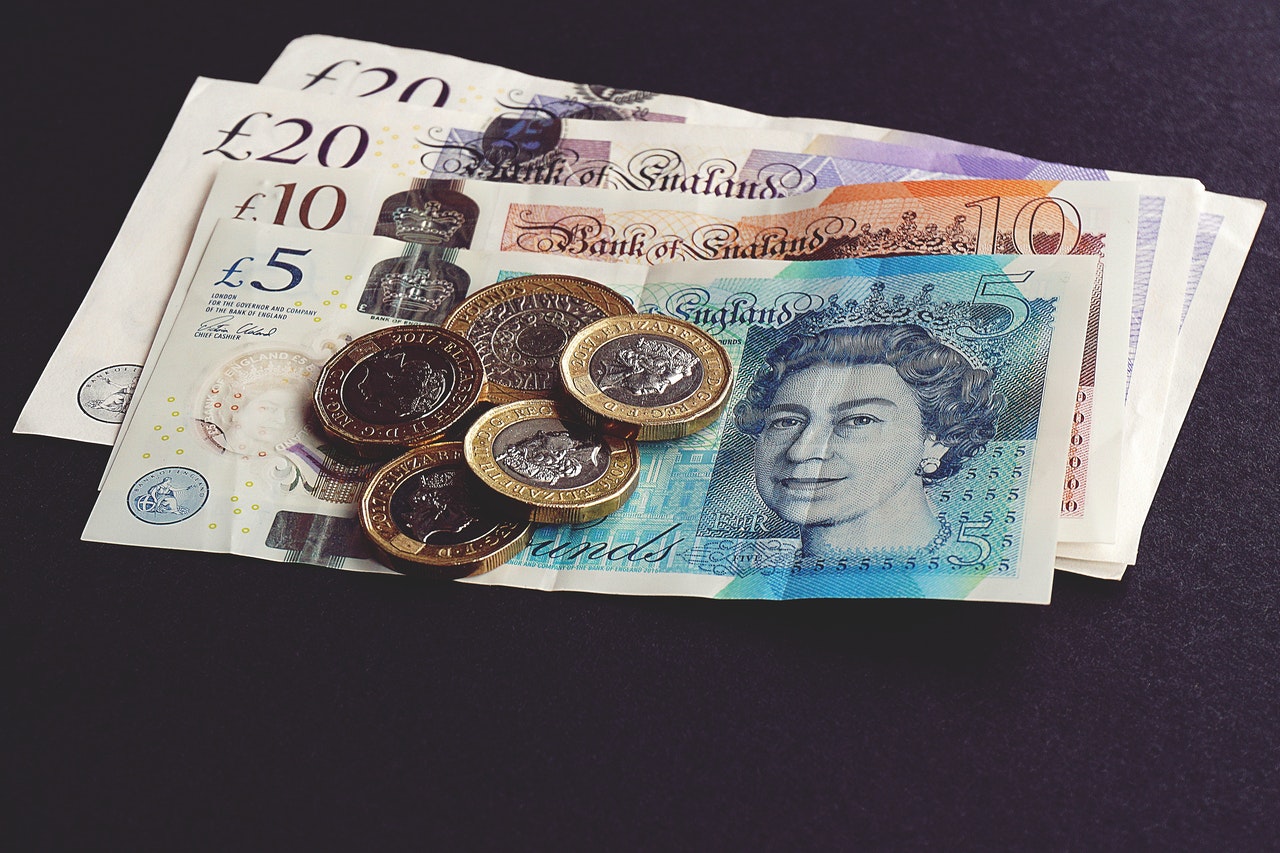Budgets Work No Matter What Your Financial Situation
It doesn’t take much to accumulate a lot of debt. A short period of struggling due to the loss of a job or overtime, health problems, or a new baby is all it takes to deplete your extra money. And, once you get beyond your comfort zone with your monthly expenses, it can become challenging to make your payments on time. The good news is that creating a budget will let you identify where your money goes and then allow you to take steps to improve your financial situation.

Debt and Your Credit Score
Having a lot of debt can prevent you from maintaining a good credit score. That’s because of the reporting agency’s use of several factors to determine the final score. This includes your payment history, debt-to-income ratio, length of your established credit and recent inquiries.
Since your debt-to-income ratio plays a significant role in the final score, it’s important to keep credit cards balances well below half of the available credit limit. There are several ways you can do it more quickly to raise your score, without causing it to become even lower. You can opt to take out a personal loan, refinance your mortgage, or apply for a new card that lets you transfer balances.
If most of your debt is due to an illness and you have medical bills through various places, you can consolidate them into one lower monthly payment by applying for an unsecured medical loan.
Why Creating A Budget is Essential
A budget isn’t just a piece of paper with a bunch of numbers, it’s a representation of you. It offers a clear picture of what you owe, where you owe the money and how much money you have to work with. By opening your eyes to your debt, you can take steps to reduce it and get it under control.
A budget also allows you to plan ahead and makes you aware of future expenses, so you don’t assume that the money in your account is yours to spend. A budget also makes your life easier by forcing you to save for a rainy day, plan ahead for your vacation and big ticket items and prepares you for retirement.
Opening an Emergency Account
Of course, no budget will work if you don’t stick to it. Part of a budget is having a separate “untouchable” savings set aside for emergencies.
You can start slow and deposit twenty dollars each paycheck and then as you free up additional money from reducing your debt or a raise, you can increase the amount. Unbelievably, the account will grow to a sum that you can use to make home or car repairs before they cost more money to fix. Having this account will do two things. First, it will allow a repair or an illness to remain just that, and second, it will give you peace of mind.
Life is full of financial highs and lows. A budget helps to smooth it out and allow you to glide through without suffering a major financial setback. It also lets you achieve real goals and enjoy a better quality of life.




